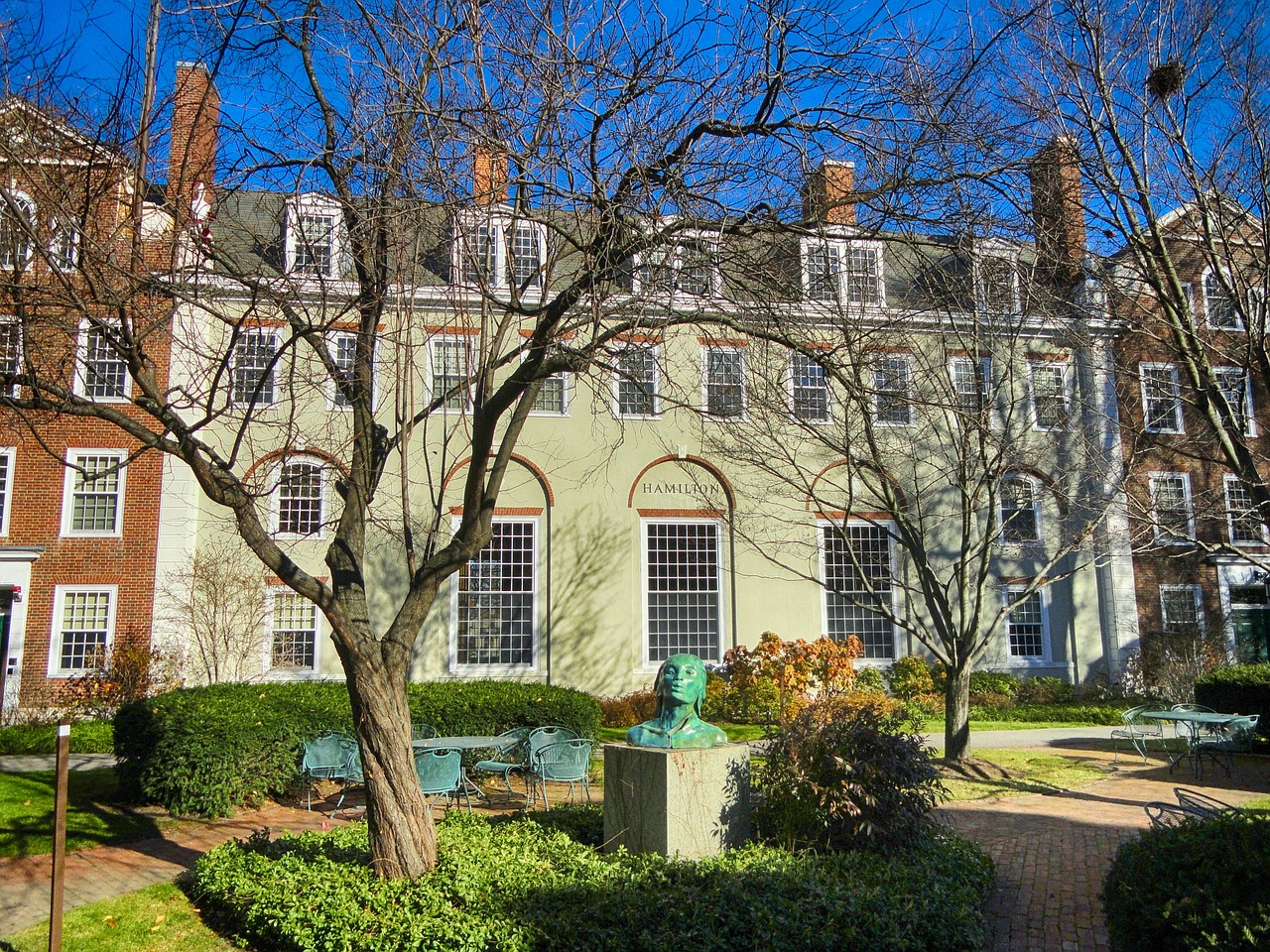Many of us have probably seen the email announcements claiming that students with a family income of $60,000 or less can attend Harvard tuition-free. Within the last three years, Harvard has made an education there more affordable for lower-income families. Even more impressive is the fact that more financial aid is also offered to families with incomes of $180,000 or less.
These are attractive and compelling reasons for many more students to apply to Harvard, even if families would have previously thought that education there would have been financially out-of-reach. As Harvard states on its financial aid page, all financial aid awards are based on need only. This translates to no merit awards or athletic scholarships being offered by the university. Therefore, if you need money for college, the university awards enough to make college matriculation possible.
Before families get too excited about the prospect of affording a Harvard education, there are some important aspects in the admissions/applications process worth considering:
- College fit
- College planning and readiness
College Fit
“College fit” recognizes that every student isn’t a match for Harvard. Neither is Harvard a good match for every student. Students are better off if they start with why – Why do you want to attend college? Why do you want to attend Harvard? Too many students that I’ve met over the years apply to Harvard because of the brand name alone. What do you know about the university and how you might contribute to campus life there? If a student likes the fact that there are no fraternities and sororities at Harvard, there are over 1,100 private, four-year institutions that do not have fraternities or sororities. About 40 of those institutions are considered highly selective like Harvard.
Students should also consider whether they want to live in the Cambridge area for four years. If students visit the Cambridge area, they can get an even better sense of campus life and the surrounding community. On my visits to Cambridge, I have enjoyed the vibrancy of the community. Students visiting the area do need to recognize that it is an urban campus, much like UC Berkeley or the University of Chicago. When students start with why it forces them to think more introspectively about these factors and not just apply for the sake of a brand name.
I applied to Columbia as an undergraduate. After my acceptance there, I took advantage of an opportunity to attend Admitted Student weekend. What an eye-opener that was. It was a great experience but I quickly realized that living in Manhattan would have been too distracting for my weak study habits. That was good to find out before I matriculated and took the risk of getting off track in my studies.
College Planning and Readiness
“College planning and readiness” can’t be stressed enough for all students considering college. To put it bluntly, students do not apply to a selective school like Harvard in their senior year. A rigorous high school program is a requisite for being competitive in the application process to Harvard. In order for students to advance through a rigorous high school program, they must start their preparation as late as middle school. (A recent study has shown that students know whether they’re going to college by the time they are in sixth grade.)
High-quality high school experience is most evident when students wait until senior year of high school to learn that Harvard requires 3 SAT subject tests, not only the general SAT test. A rigorous high school program better positions applicants to be prepared to take these subject tests in the early fall of senior year.
Even among the academically strong, exceptionally talented 30,000+ students world-wide that applied to Harvard in 2009-2010, less than 7% were accepted. So it is good to know that there are still a number of strong post-secondary institutions that could be a good fit for the 28,000+ students who can focus their college decision-making elsewhere.
Financial Assistance at strong colleges/universities
There are even several other institutions, aside from Harvard, that offer generous financial assistance to student applicants, across income backgrounds. Those campuses include:
So when you receive the email touting Harvard’s financial aid policy, you will know that there are many colleges and universities that may be more affordable than you think.


